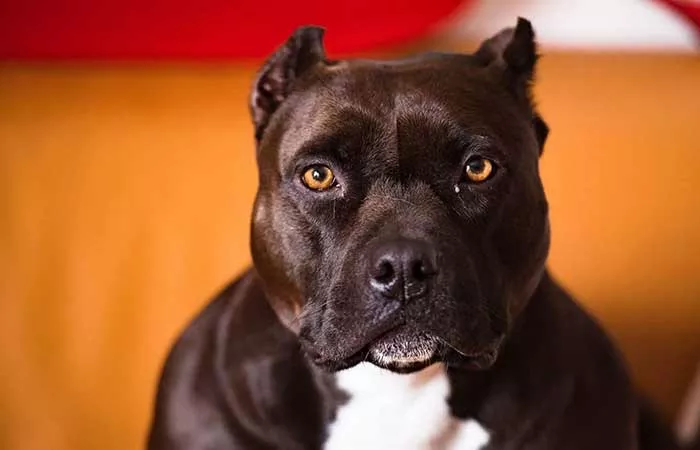On the same day as Human Rights Day, International Animal Rights Day was celebrated across more than 50 countries, with animal-lovers around the world uniting to demand greater protection for animals. The event serves as a reminder that all living beings, regardless of their species, deserve the same respect and legal safeguards as humans.
This year, in light of the occasion, the Saipan Humane Society (SHS) spoke out about the ongoing issue of animal cruelty in the Commonwealth of the Northern Mariana Islands (CNMI), shedding light on some of the heartbreaking cases they have encountered.
Guadalupe Attao, SHS Executive Director, noted that it’s not unusual for the shelter to receive reports of animal abuse, whether intentional or neglectful. One particularly harrowing case involved a female dog named Harley, who was shot multiple times earlier this year. Harley, one of several dogs attacked by gunfire in a single month, survived thanks to prompt medical care. Her sibling, unfortunately, did not make it.
“We’ve seen a handful of BB bullets lodged in cats and dogs, sometimes in their ears or chest,” Attao said. “Today, we treated another dog with a gunshot wound to the back.”
But cases of violence against animals go beyond gunshot wounds. SHS has encountered distressing reports of mutilation, including the discovery of two puppies found severely disfigured on a beach. Unfortunately, like many such cases, the perpetrators were never identified.
“It’s heartbreaking. These animals are so vulnerable, and we often don’t know who’s responsible or how to prosecute,” said Lauren Cabrera, SHS founder and president. “We regularly see neglect cases as well, with animals suffering from ingrown collars or serious injuries.”
Despite the fact that CNMI’s Public Law No. 21-31, passed in 2020, provides legal protection against cruelty and theft of animals, enforcement remains a significant challenge. This law prohibits neglect and abuse, but without clear evidence or witnesses, it can be difficult for authorities to take action.
“In smaller communities like ours, it’s tough to get people to report these crimes,” Cabrera explained. “There are cultural differences in how animals are treated, and what some may see as neglect, others may not. But we can’t let that stop us from holding people accountable.”
Neglect, though often overlooked, is a serious form of abuse. According to Cabrera, neglect can include abandonment, failure to provide food, water, shelter, or medical care, and even leaving animals outside without proper supervision. These acts don’t just harm the animals involved but also pose broader risks to the community, including road safety, the spread of disease, and even a potential link to criminal behavior.
“Animal neglect can affect public health and safety, and it’s been shown that people who abuse animals are more likely to engage in other forms of violence, including domestic abuse,” Cabrera added.
The SHS team believes the best way to combat animal cruelty is through setting a positive example. Cabrera emphasized that treating pets like family members and ensuring proper care for working animals, such as guard dogs or farm animals, can set the standard for others.
“Actions speak louder than words,” she said. “We need to show others how to treat animals well, rather than just telling them. It’s about making responsible pet ownership the norm, and that starts with how we care for our own animals.”
As International Animal Rights Day highlights the global call for compassion and justice, Saipan’s animal rights advocates continue their work to end cruelty and ensure the safety and well-being of animals in their community. Through education, legislation, and example-setting, they hope to foster a culture of respect for all living creatures.
Related topics:
Search Begins for Britain’s Best Office Dog
Study Reveals Link Between Owner and Dog Stress Levels
Owner Jailed After Jack Russell Suffers Due to Untreated Tumor


